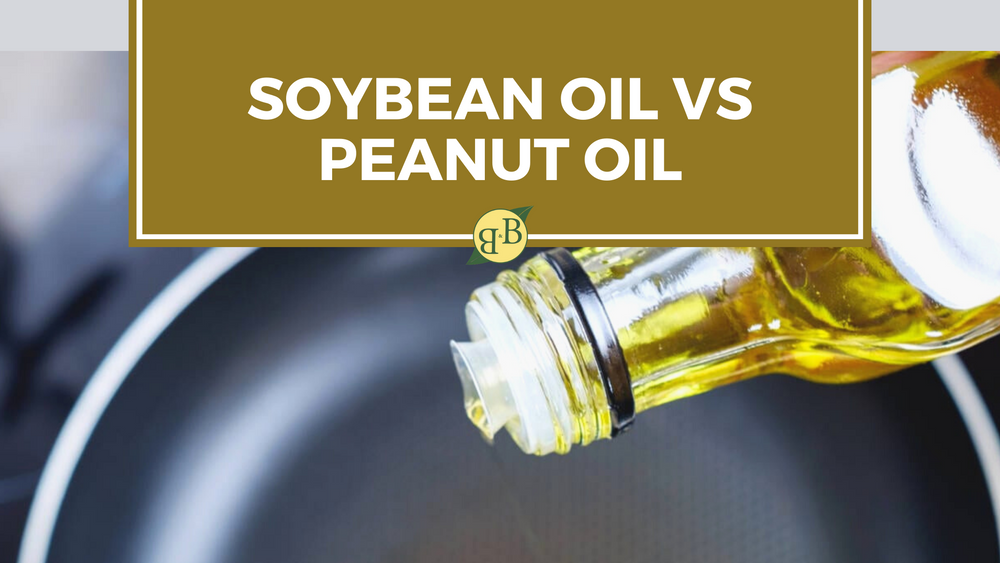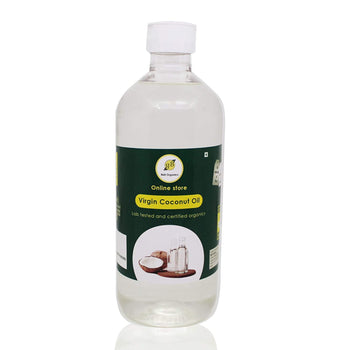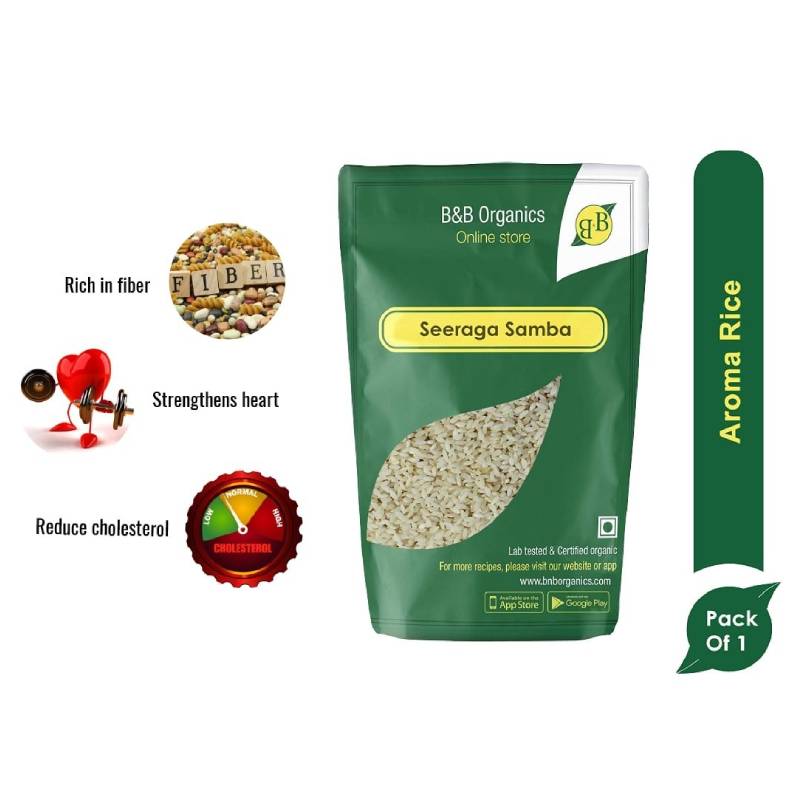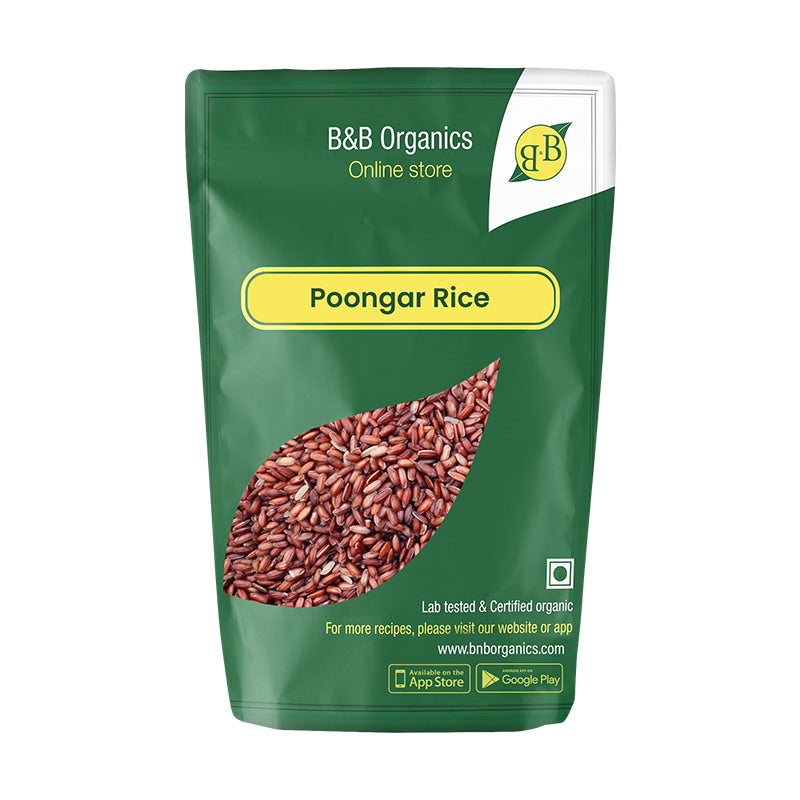Considering the differences between soybean oil and peanut oil, are you sure which cooking oil to buy? You've arrived at the proper blog!
These oils are used often, and for great cause. We'll describe why exactly below. The cooking oil that will better meet your demands will be apparent to you once you've done reading the entire article.
Learn about soybean oil and peanut oil with the help of this in-depth explanation. We'll examine their unique compositions, smoke points, various uses, and beneficial compounds in a variety of ways. If you want to know more about the differences among soybean and peanut oil, keep reading.
Soybean oil: What Is It?
A particularly well-liked vegetable-based cooking oil is soybean oil. Soybean seeds are taken from a plant and used to make oil that's suitable for a variety of tasks in the kitchen like baking, roasting, and frying.
It's fascinating to consider that soybean oil is the second-most common vegetable oil used, just after palm oil and before sunflower oil. Besides that, it's a component in margarine.
Is Soybean Oil Beneficial?
Soybean oil is usually known as a cooking oil with certain medical advantages. It primarily comprises polyunsaturated fats that can aid in the prevention of cardiovascular disease and the preservation of a fairly healthy heart.
Consuming soybean oil additionally provides you with a dose of vitamin K, which is beneficial for your bones. Besides that, the frying oil includes omega-3, which has a number of health benefits if consumed, including lowering inflammation.
Consuming soybean oil can have some disadvantages, though. The main reason for this is that it includes an abundance of omega-6, a fatty acid that has been linked to a variety of illnesses, notably increased sugar levels and fat mass.
Soybean oil's health benefits:
Soybean oil has a number of health advantages, such as lowering inflammation, enhancing skin and bone density, and avoiding heart problems, as has been mentioned.
Furthermore, as soybean oil is an extremely flexible cooking oil, it won't just be lying in your cabinet for the next occasion you do your regular baking. It is additionally suitable for sauteing, roasting, and frying. And it's a fantastic oil for dressing salads!
Peanut Oil: What Is It?

Another well-known cooking oil with a high smoke point is peanut oil. Peanut oil is a vegetable-based substance that is made from, you got it, peanuts. It's also known as arachis oil or groundnut oil. This oil, which is considered as a great deep-frying oil alternative, is produced from the edible seeds of peanut plants.
The store carries a variety of peanut oils, such as gourmet peanut oil, refined peanut oil, and cold-pressed peanut oil. Depending on what kind you buy and the production process, some kinds of peanut oil have a little nutty taste.
The use of peanut oil is not confined to the kitchen. Some say that it has therapeutic advantages, such aiding with cardiovascular disease, constipation, and joint pain.
Is Peanut Oil Good for You?

When it comes to the healthiness of peanut oil, there are benefits as well as drawbacks. Consuming it will increase your body's defence against the harm that free radicals do as it's packed with vitamin E. A diabetic's high levels of sugar and potential heart trouble may both be addressed with vitamin E. Besides that, this oil contains omega-3, a crucial fatty acid to consume for preserving a fit physique.
Even so, omega-6 contained in peanut oil has been associated with a variety of negative health impacts, such swelling and fat.
Advantages Of Peanut Oil:
The above-mentioned potential health benefits, especially the high vitamin E level, just are a few of the perks of peanut oil. It's a great idea to use vitamin E to reduce wrinkles as well as other symptoms of ageing skin. If you buy the refined form, it's also an extremely useful oil to use for deep frying.
Peanut Oil vs. Soybean Oil:
The following is a comparison of soybean oil and peanut oil. This section will discuss the distinctions and parallels between the two, emphasis on composition, smoke point, deep-frying abilities, and other applications.
Composition of oil:
Soybean oil and peanut oil are primarily made of mono- and polyunsaturated fats, that are considered to be healthy fats. Relative to soybean oil, peanut oil has a marginally greater level of saturated fat. Excessive consumption of saturated fat can raise your LDL cholesterol level, and this has been linked with stroke and cardiovascular disease.
Soybean vs. Peanut Oil Smoke Point:
The high smoke points of both peanut oil and soybean oil are well known.
This is why eateries often deep fry food in peanut oil. The maximum temperature that refined peanut oil can take before burning is 450 degrees F, or 232 degrees C.
The ignition temperature of soybean oil, which is on the other side, also hovers around 450 degrees Fahrenheit. Hence, both oils are ideal for high-temperature cooking, like sautéing and baking, because of their extremely high combustion points.
Additional Uses:
Both soybean oil and peanut oil, which have been mentioned a few times, are famous for purposes apart from cooking. There are many anecdotal stories of the medicinal benefits of peanut oil, such treating knee pain and constipation, even with the absence of scientific evidence to back up these assertions.
Due to its high vitamin E level, it's also great for the skin.
As well, soybean oil has medicinal uses that also include improving bone and healthy skin, decreasing inflammation and the possibility of coronary artery disease, among other things. The oil can be utilised for a broad range of other things in the kitchen, such as producing a great salad dressing.
Summary:
We trust you already understand all there is to learn about the differences in soybean oil and peanut oil. You must be capable of determining which oil is the finest now that you have these extra details.
Just keep in mind that the option is entirely yours to decide and is highly influenced by your desire to use the oil.
Thereby, consider the information on this article and go to the store to get a bottle of one of these oils. Better yet, pick one of each!















